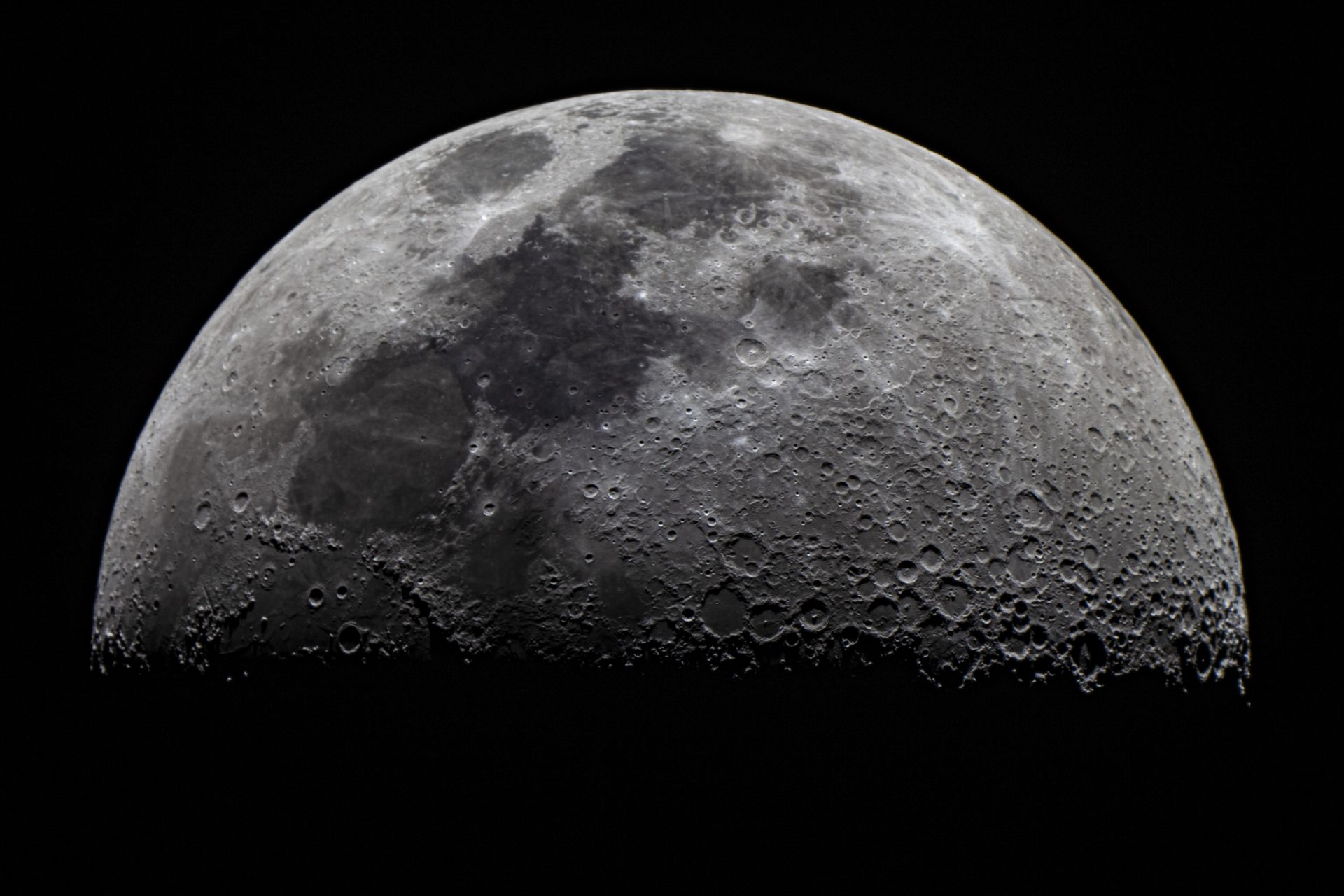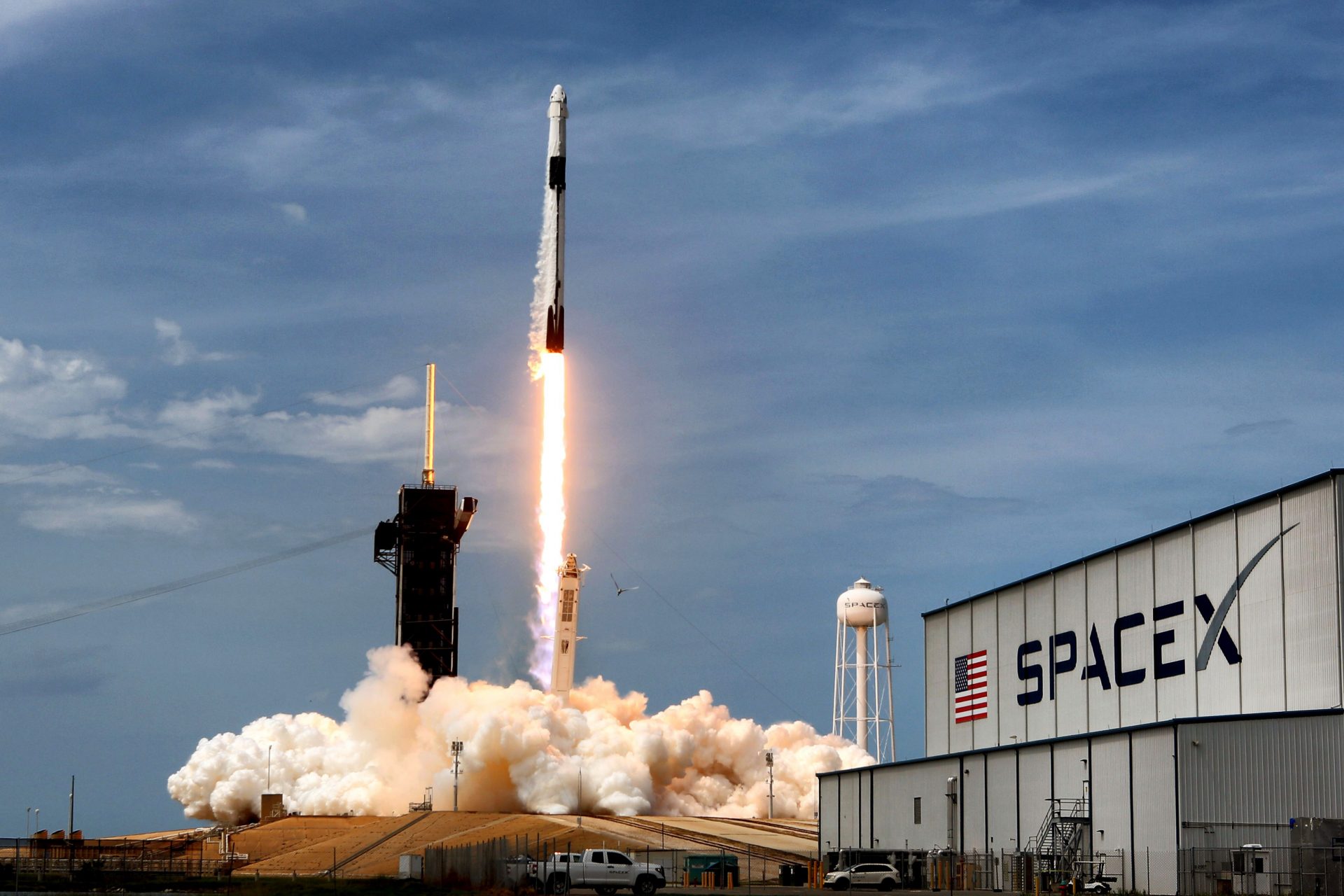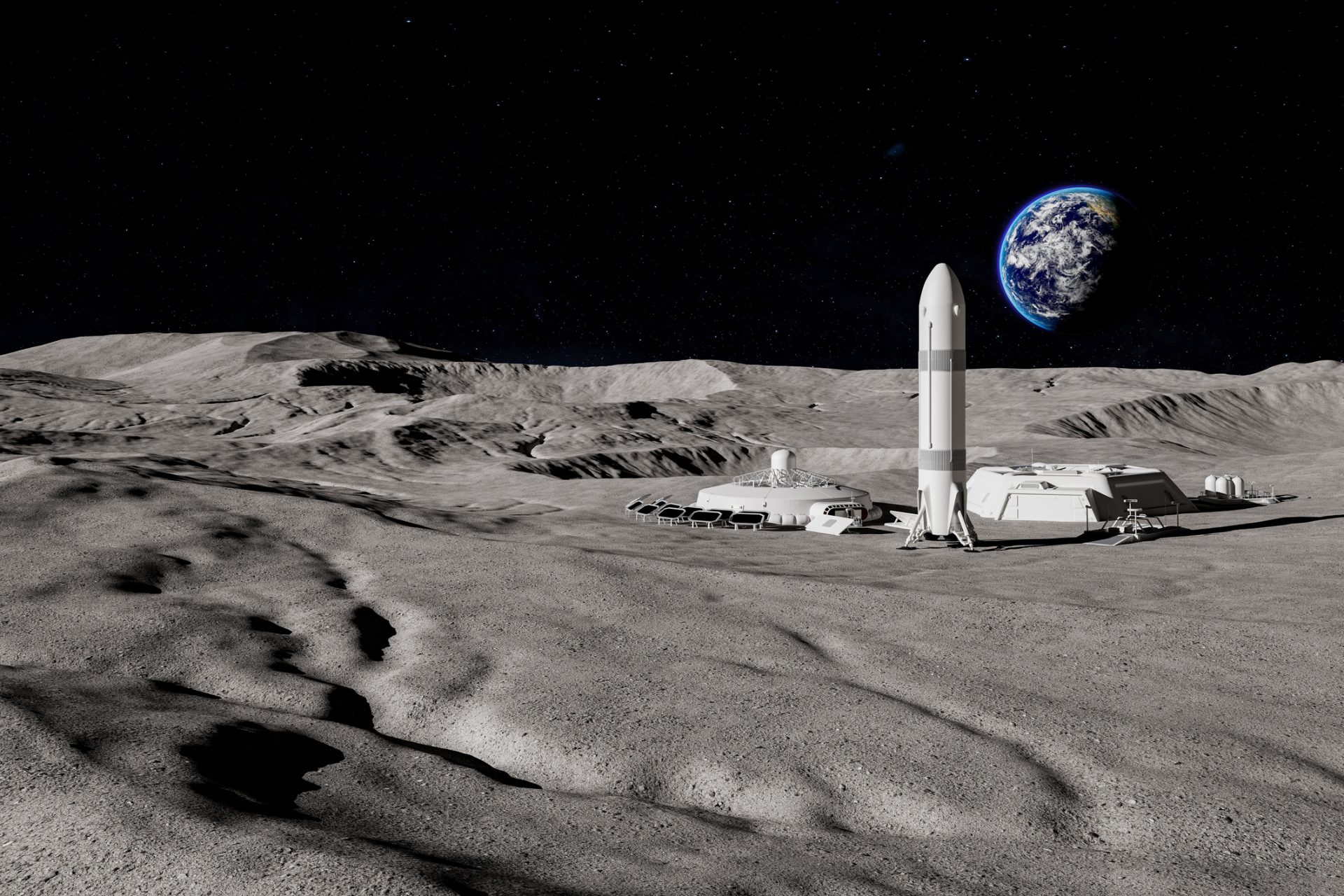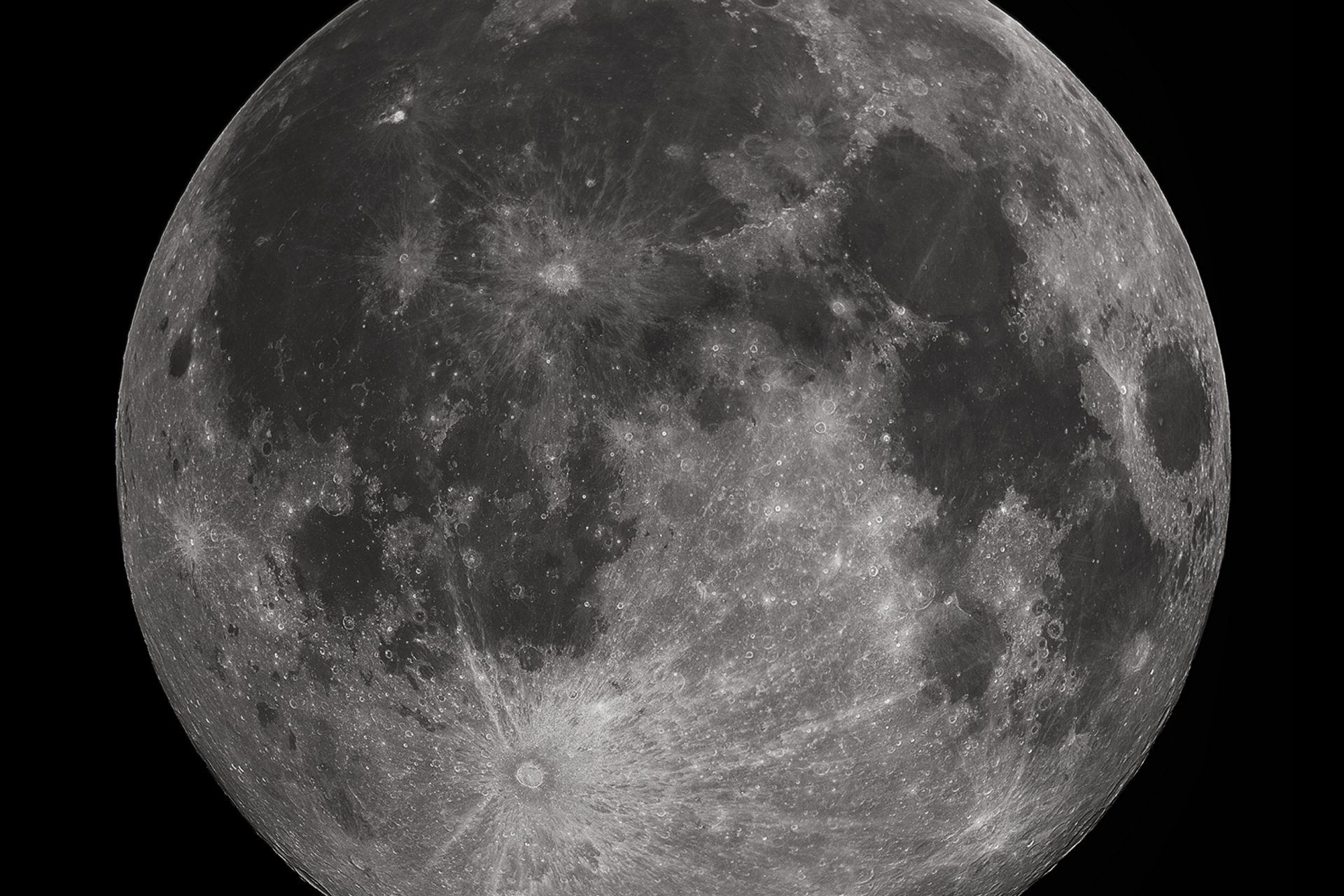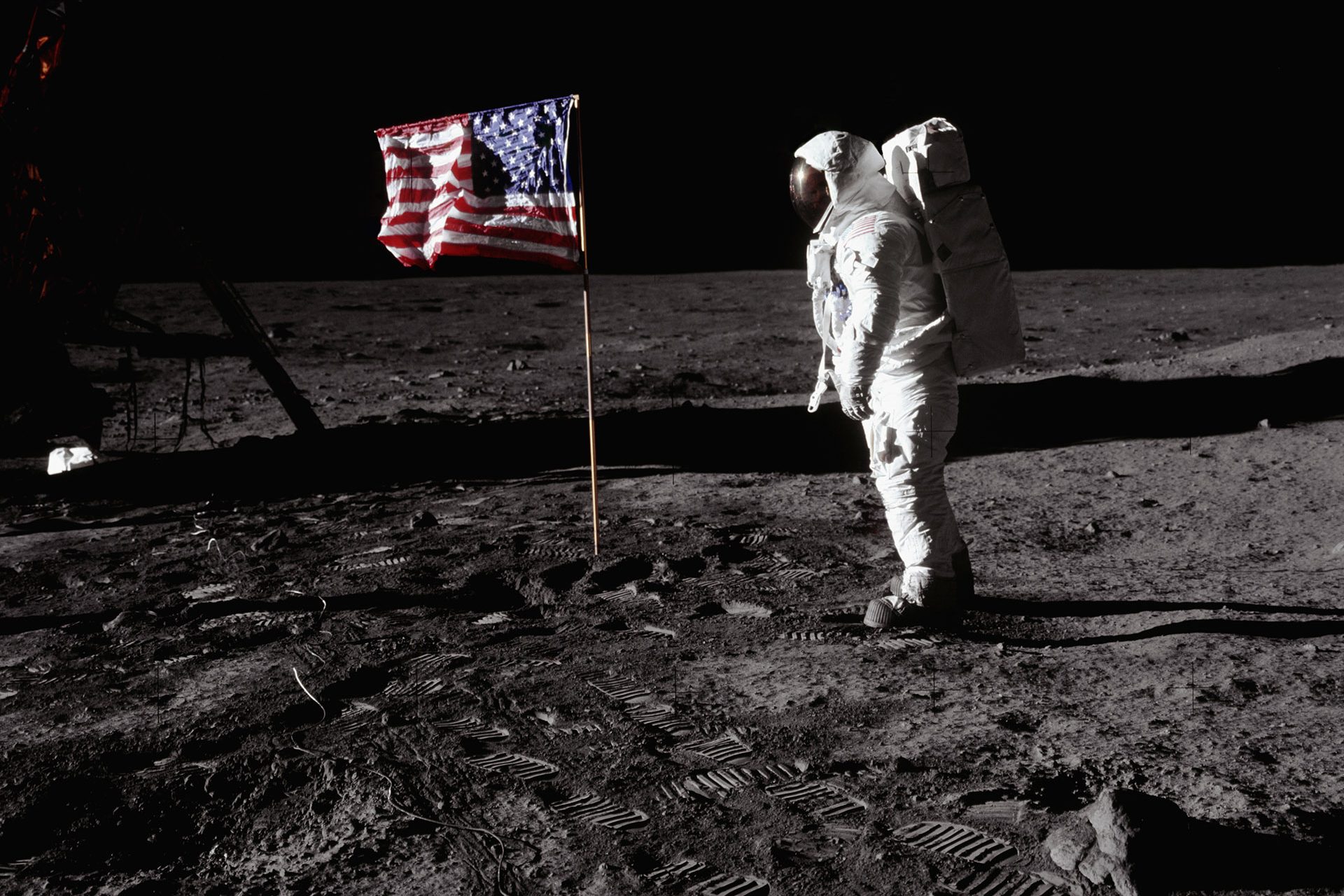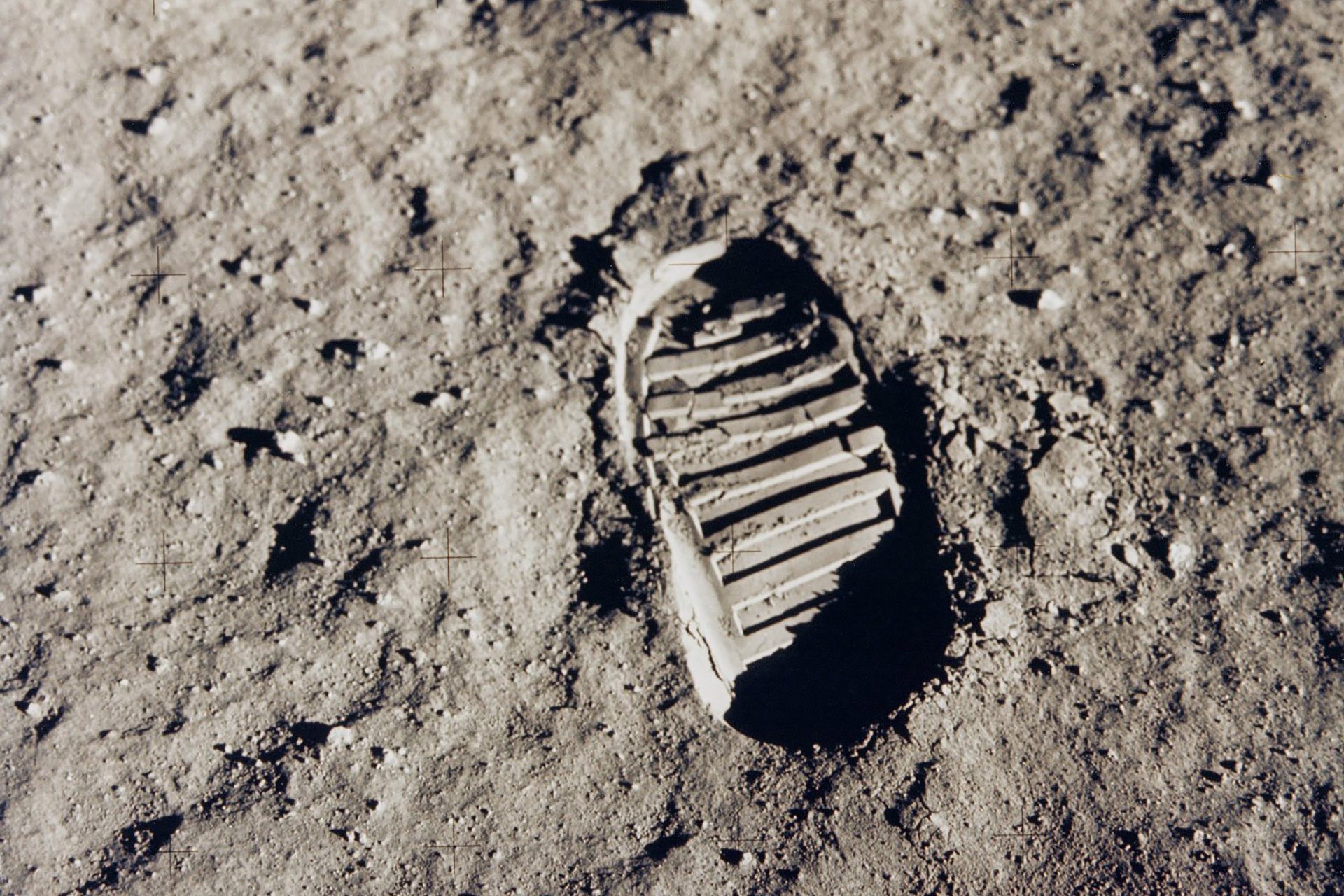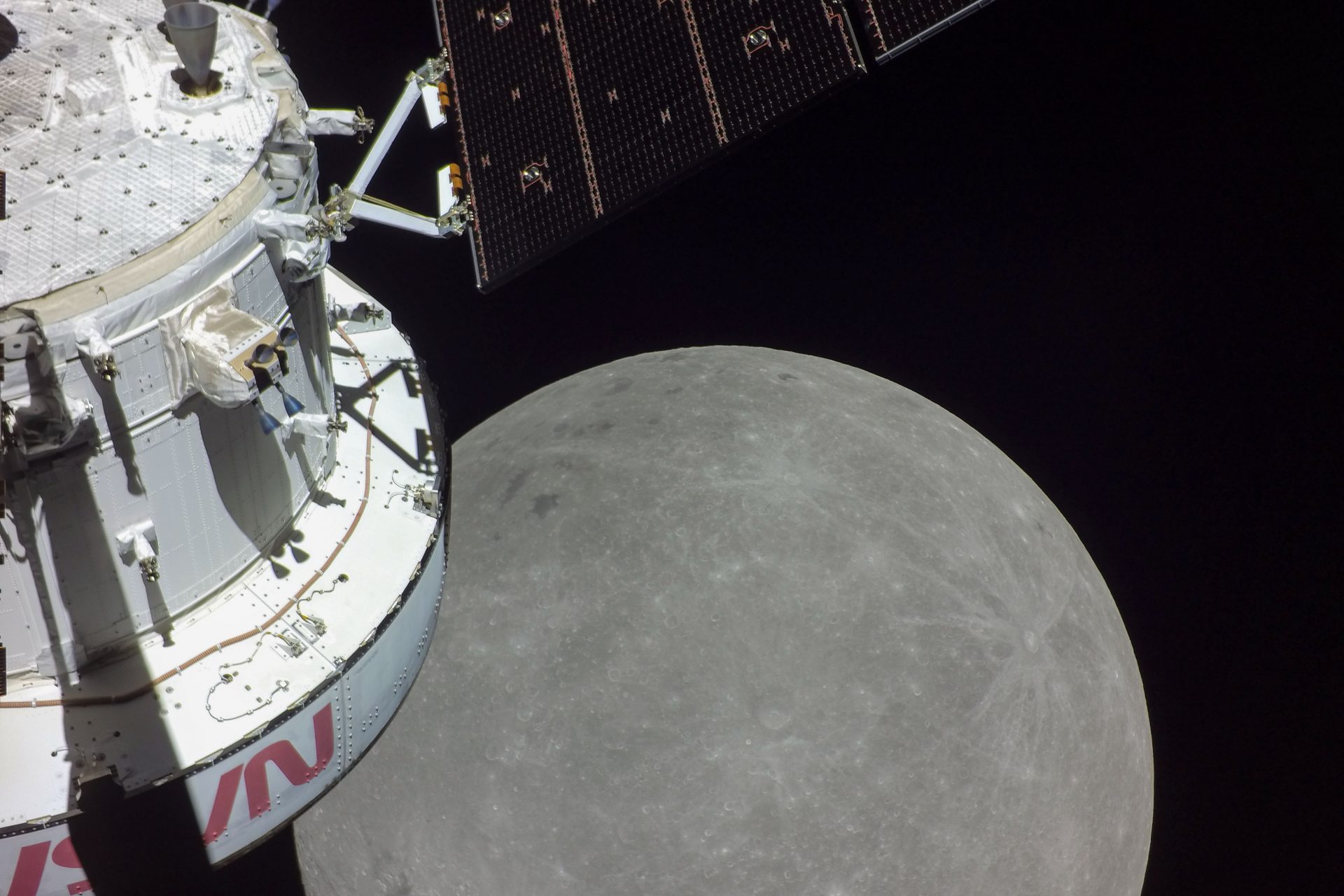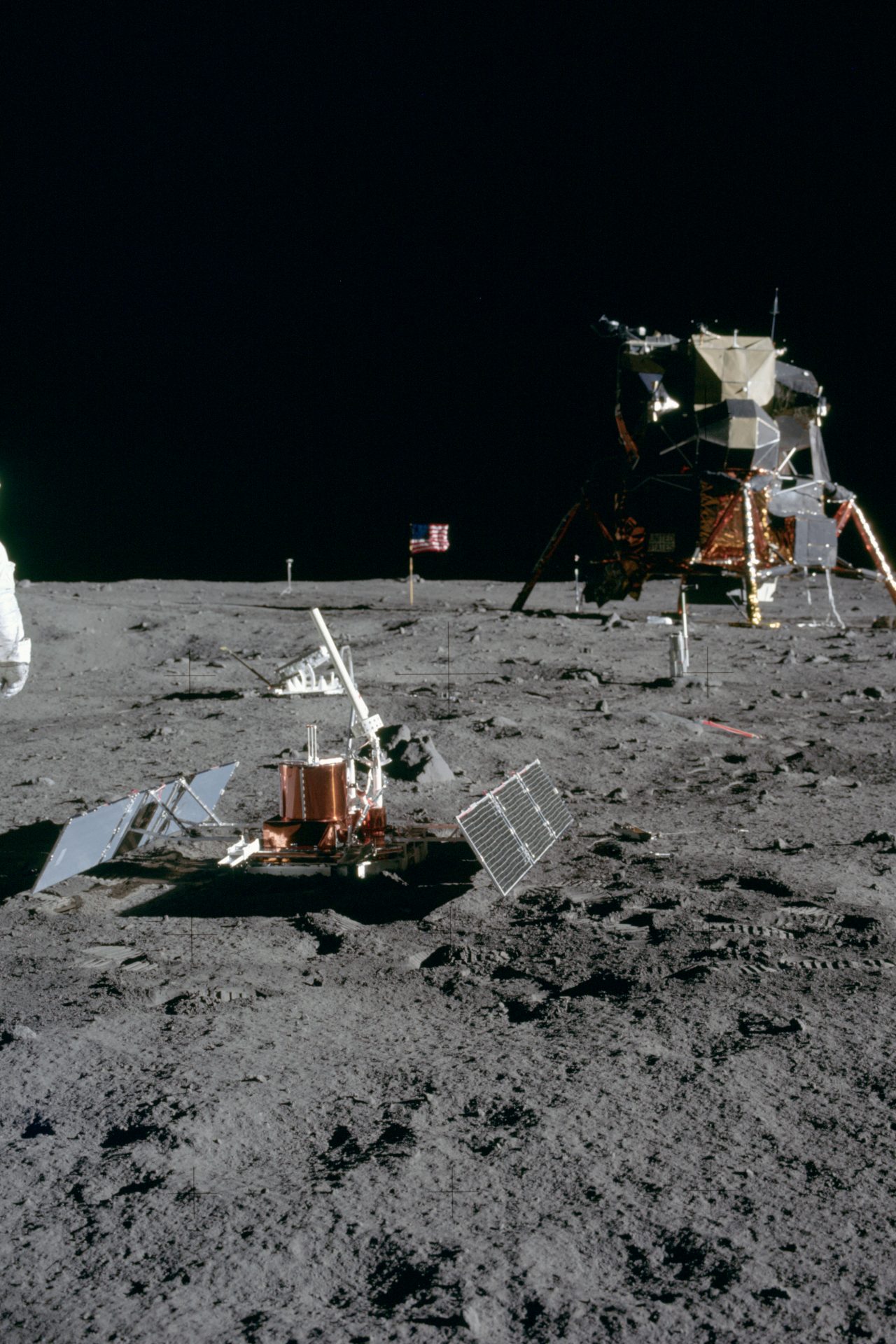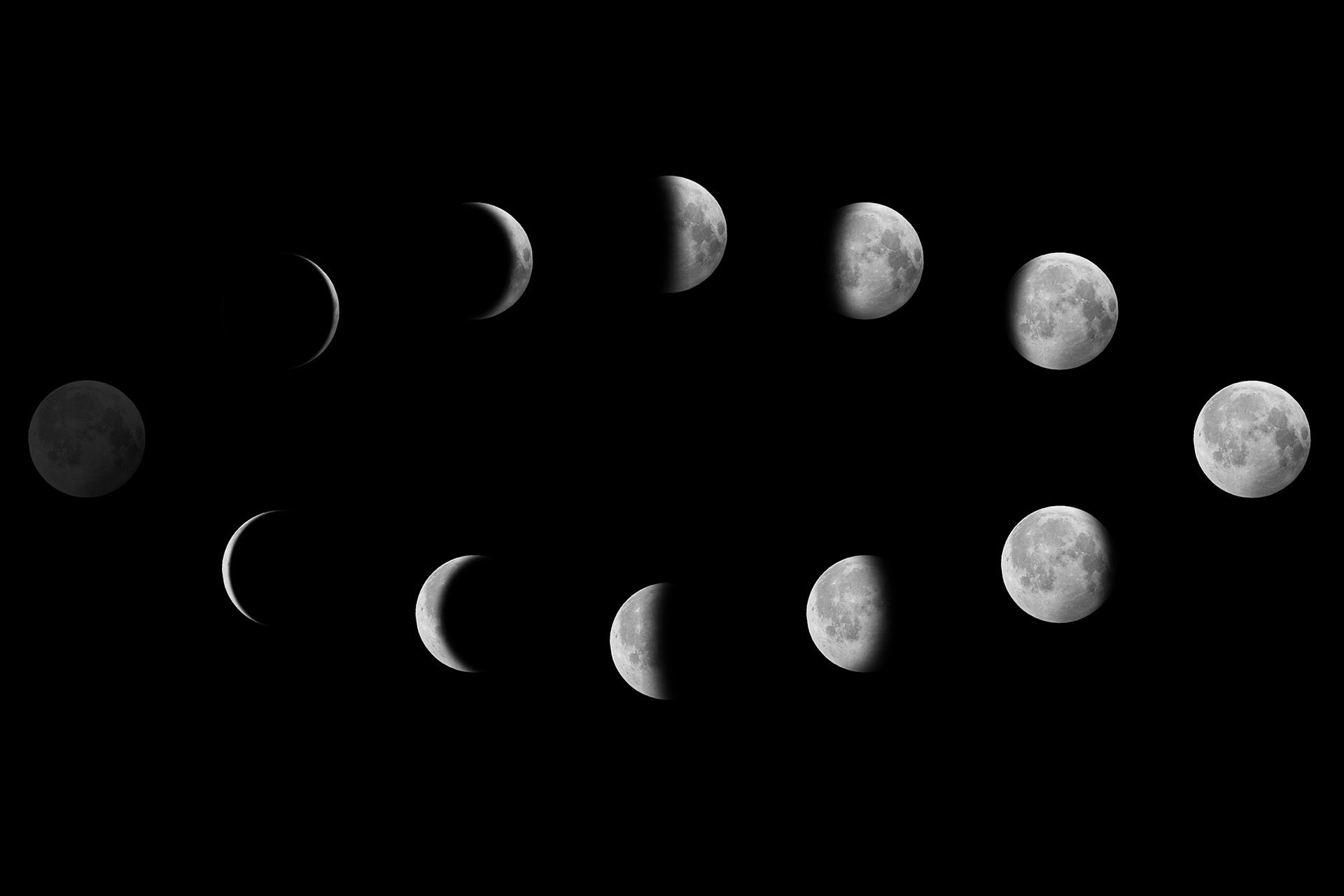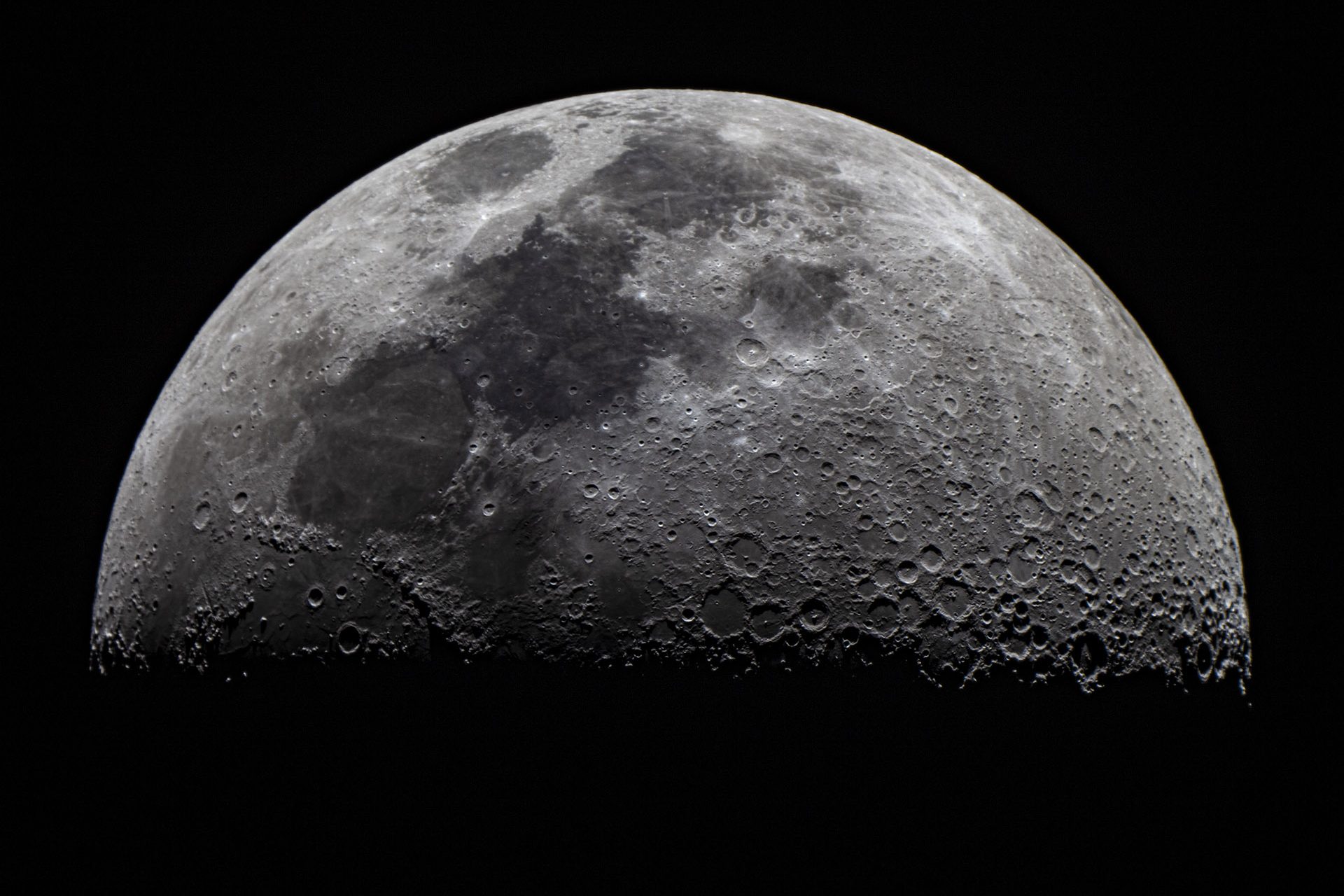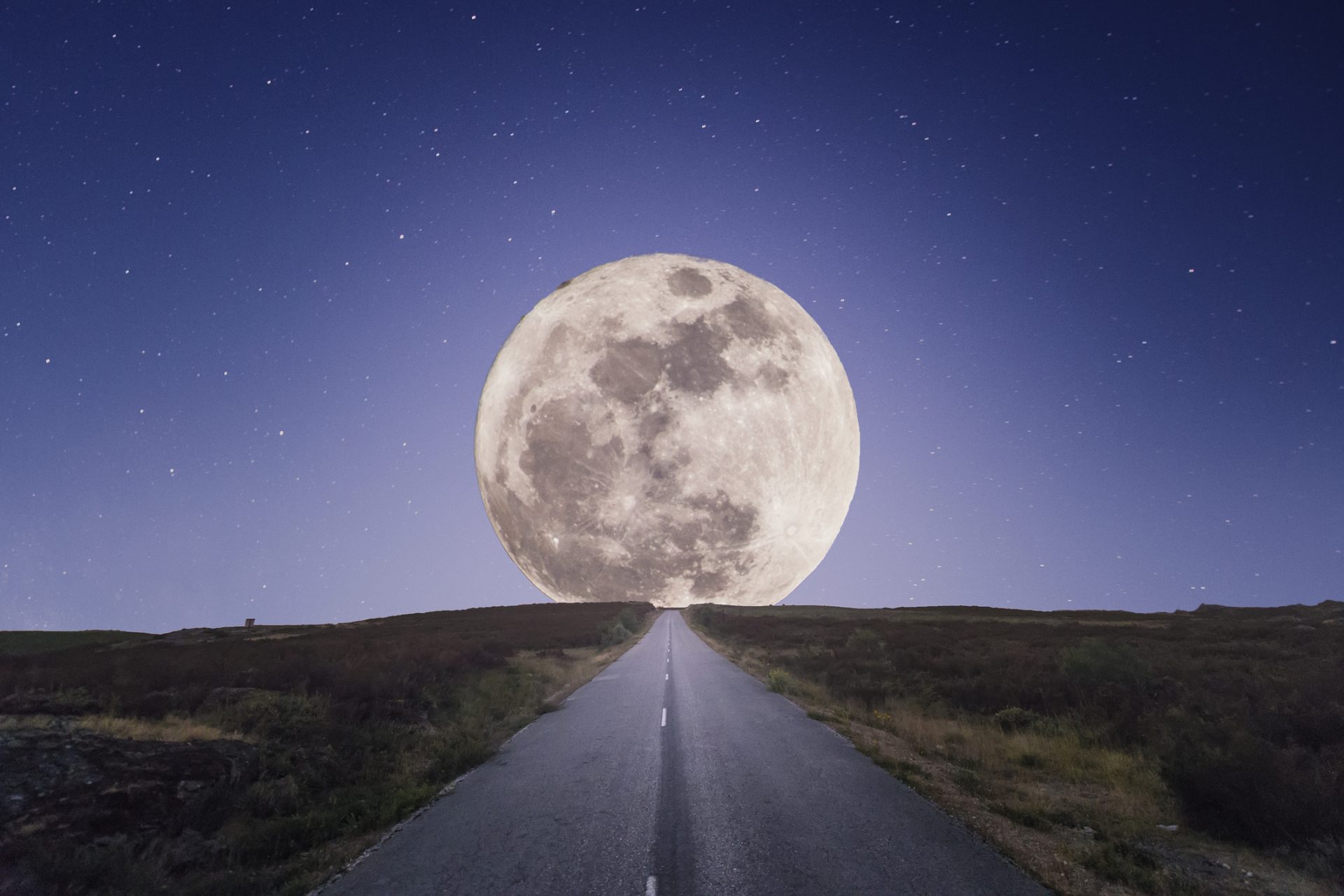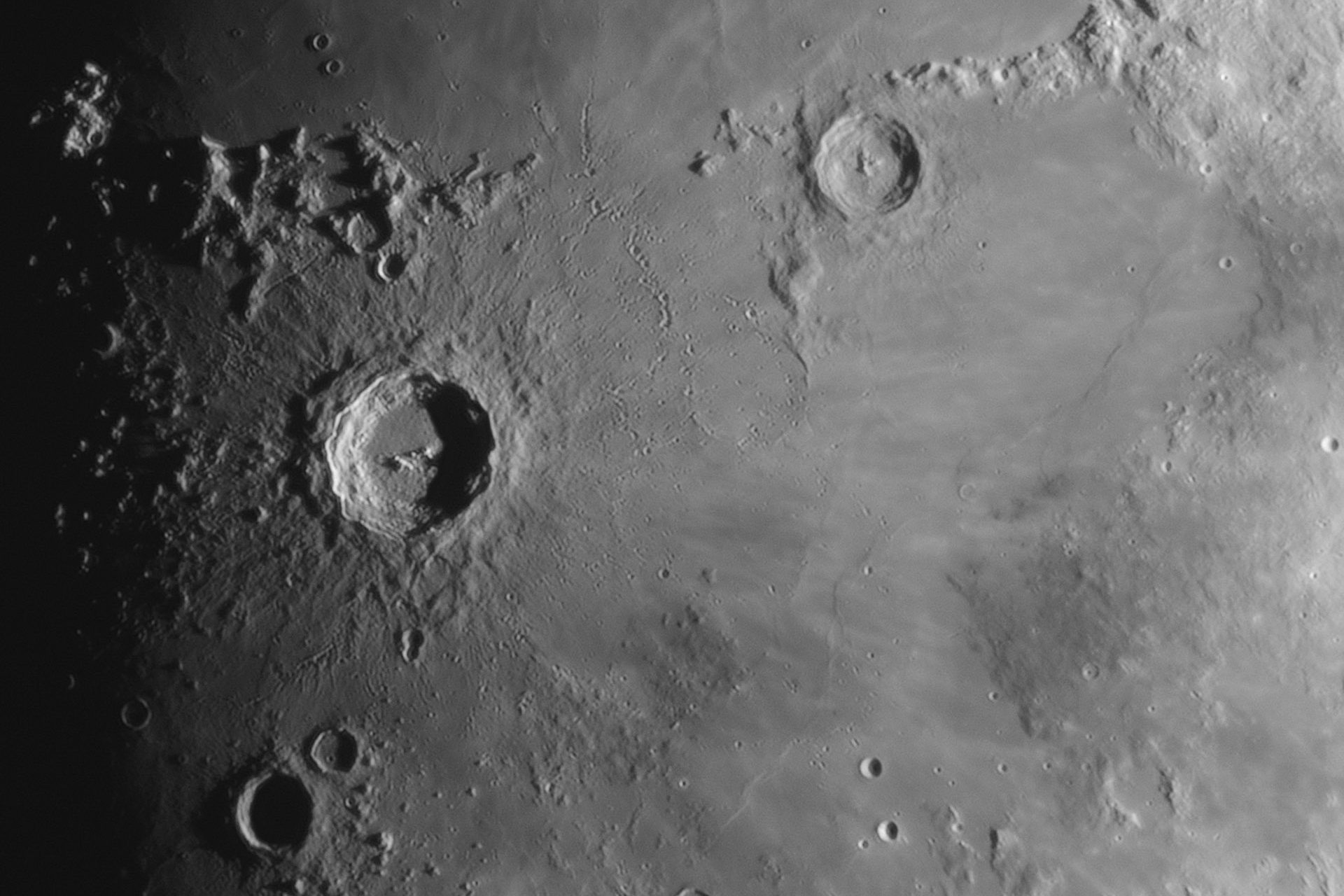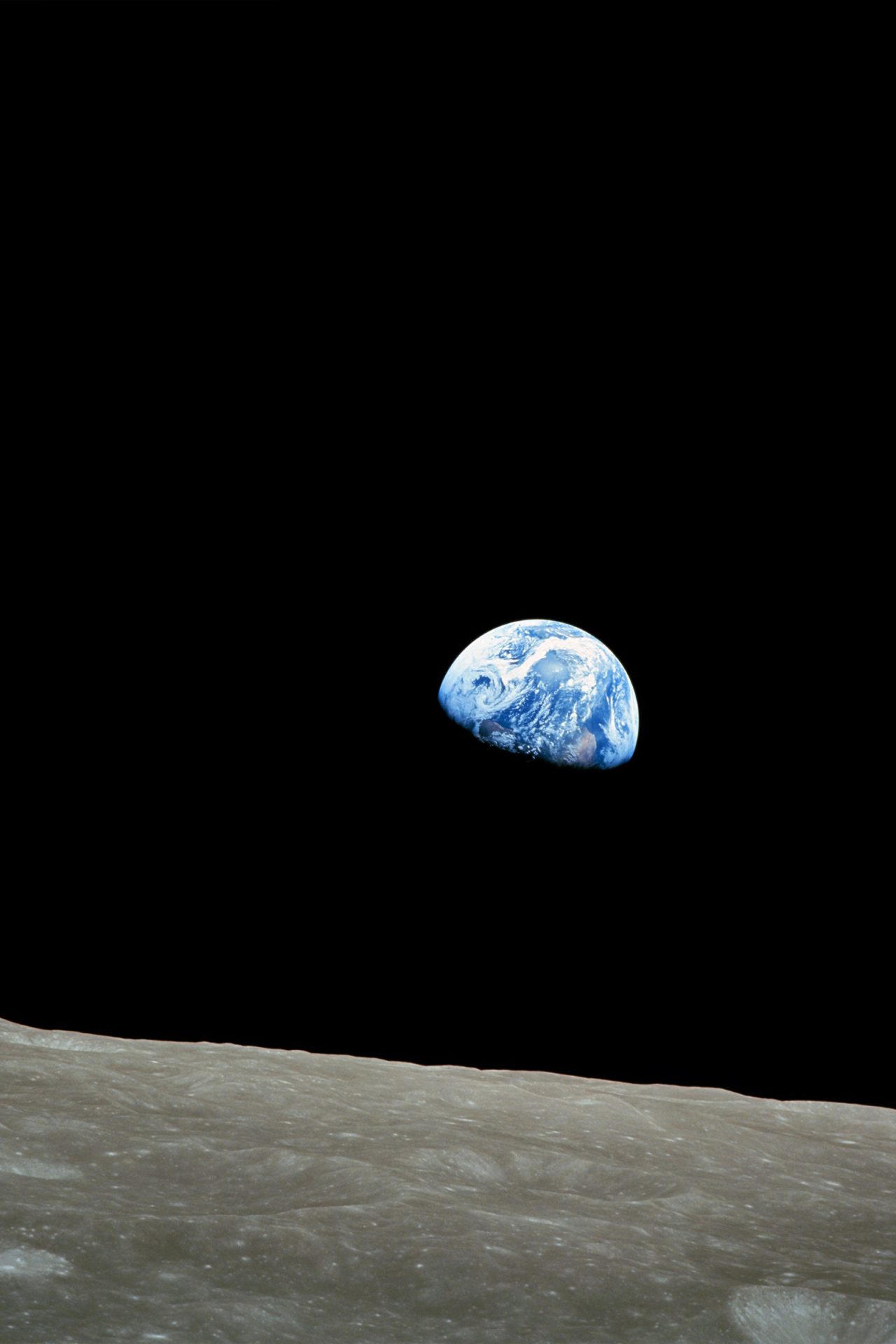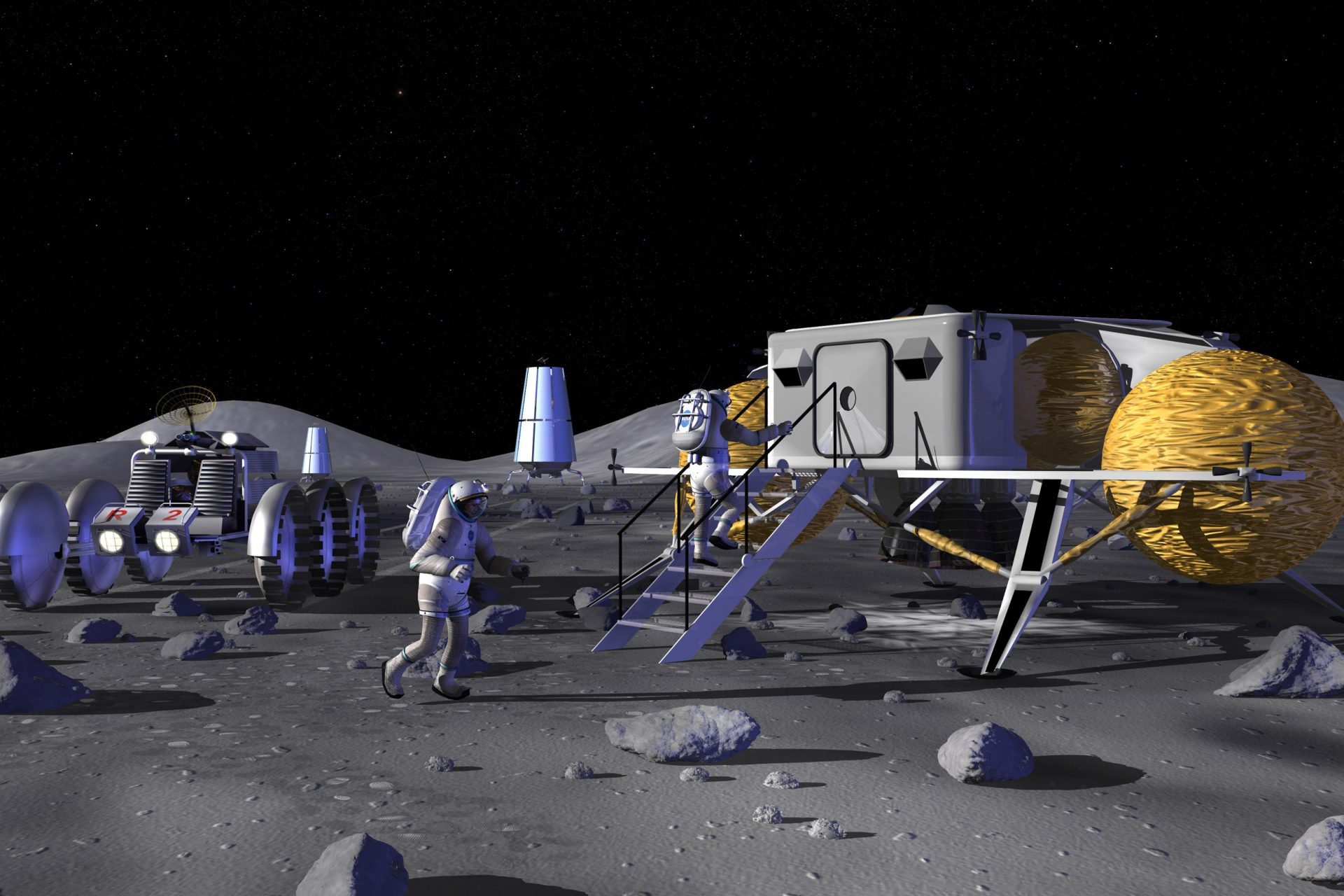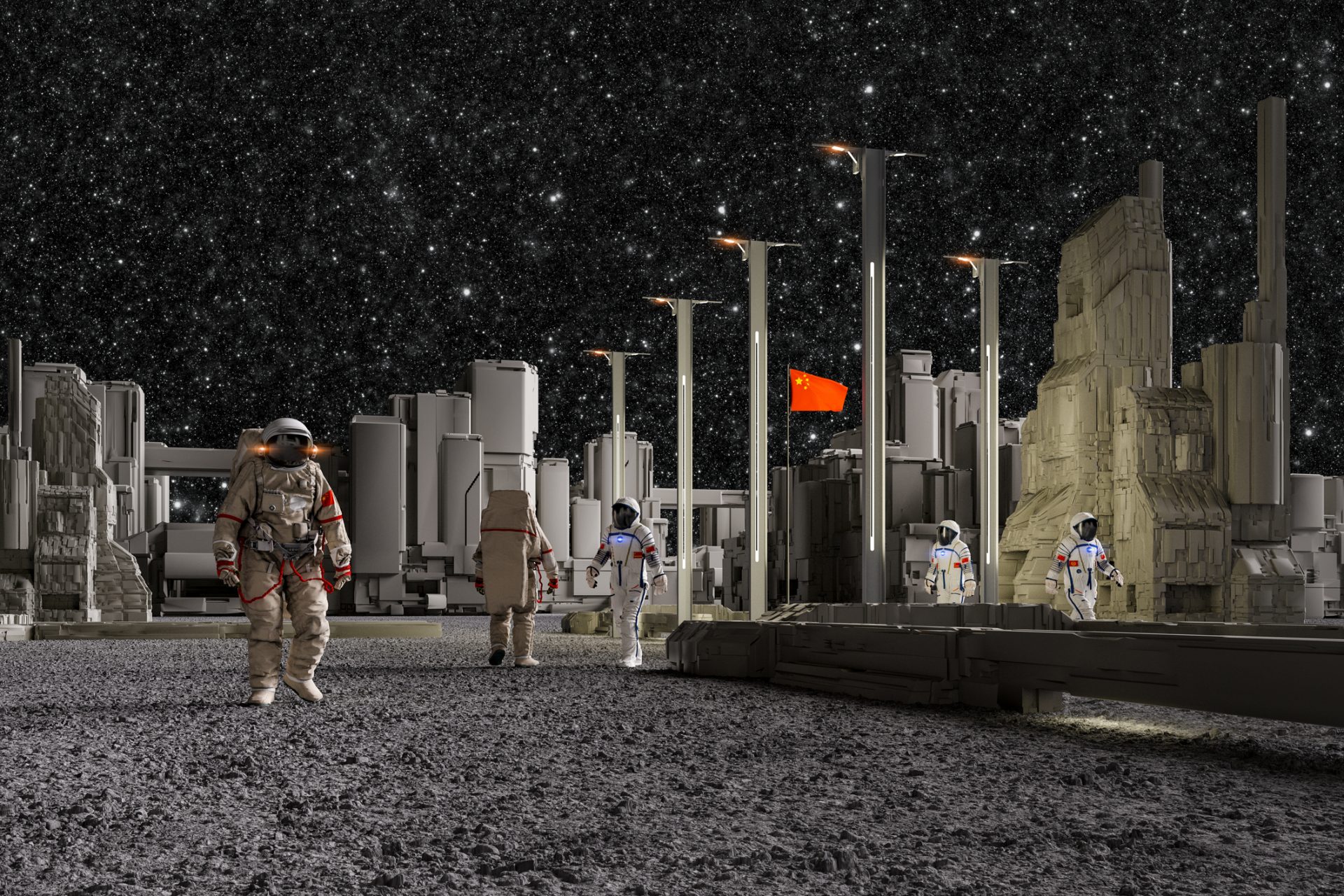The world's superpowers could fight over the moon someday
NASA is planning to land humans on the moon again for the first time in decades with the space agency's Artemis III mission. But the United States isn't the only country that's shown interest in getting back to the moon.
Russia, India, and China have all planned various missions to the moon in the next decade, and commercial interest from businesses like SpaceX are also planning to visit Earth's celestial satellite according to BBC News.
China in particular is planning an ambitious moon base by 2035 and that might cause you to ask whether or not countries are allowed to build bases on the moon. Does anyone own the moon? And what happens if a country tries to claim parts of it for themselves?
The United States might have been the first country to reach the moon but that doesn’t mean they own Earth’s only natural satellite. Ownership of the moon is actually far more complicated—and quite a bit simpler—than you’d think.
So if the United States doesn’t own the moon, who does? The simple answer is that no one actually owns the moon but it really depends on who you ask. For example, there’s currently a global treaty governing ownership of the moon and other celestial bodies.
Photo Credit: Wiki Commons By Gregory H. Revera, CC BY-SA 3.0
The Outer Space Treaty was adopted by the United Nations in 1967 as a guideline for how states could and should act in space as new possibilities made it likely the world’s nations would soon be exploring the deep recesses of the great unknown.
The treaty was the first legal document that tried to govern space exploration according to Live Science, and while it didn’t have any enforceability, the treaty made clear that no nation could claim sovereignty over the moon.
“Outer space, including the moon and other celestial bodies, is not subject to national appropriation by claim of sovereignty, by means of use or occupation, or by any other means,” Article 2 of the Outer Space Treaty reads. But what about private individuals?
There have been several attempts by individuals to sell off parts of the moon or to claim that they owned the celestial body. Live Science pointed out that the Chairmen of New York’s Hayden Planetarium once tried to sell pieces of the moon for $1 a piece in 1955.
Photo Credit: Wiki Commons By NASA/JSC
Article 12 of the Outer Space Treaty technically prevents the private sale of any piece of the moon according to Live Science due to the fact that any installation on it must be open to any representatives of the states that signed the treaty—so any private installation would need to be public.
Photo Credit: Wiki Commons By NASA Neil A. Armstrong
However, an enterprising ventriloquist and salesman named Dennis Hope believed that he had found a loophole in the treaty since it only specified that states couldn’t own the moon, it said nothing about a single person being able to claim sovereignty of the moon.
Hope apparently sent a letter to the United Nations and informed the international body that had laid claim to the moon, and in the years since, he has made millions of dollars selling off deeds to plots on Earth’s moon and other celestial bodies Politico reported.
"I sent the United Nations a declaration of ownership detailing my intent to subdivide and sell the moon and have never heard back," Hope explained according to U.S. News "There is a loophole in the treaty—it does not apply to individuals."
Lest you think nobody was falling for Hope’s tricks, the space entrepreneur said he had sold roughly 611 million acres of land on the moon for $19.95, with a moon tax included of course, by 2013—and he had also sold three plots to three former U.S. Presidents.
Photo Credit: Wiki Commons By Series: Reagan White House Photographs, White House Photographic Collection
Politico reported that most legal experts don’t give any credence to Hope’s claims over the moon but his thriving business revealed the issues nations could soon face in space due to the legal vacuum that surrounds who can own what one you’re off our planet.
“With a dozen or more nations and private firms eyeing the lunar surface for everything from mining to scientific research,” Politico’s Daniel Downy wrote, “the arguments over ownership are expected to become only more complicated.”
Unfortunately, the Outer Space Treaty leaves a lot of questions unanswered about how people, and more importantly, companies can and should operate in space according to Downy, and we really don’t know what that will mean for the Earth’s moon in the future.
Photo Credit: Wiki Commons By NASA/Bill Anders
It’s likely the moon will remain a shared space where countries are free to set up bases for scientific exploration but prohibited from actually owning any portion, even if a state lays claim to the moony through its occupation as stated by the Outer Space Treaty.
Photo Credit: Wiki Commons By NASA
However, things could change quickly. China's proposed moon base could kick off a new type of space race but one centered on snatching up as much territory on the moon as possible. There is a lot of wealth to be had and not a lot of enforceable rules.
More for you
Top Stories



